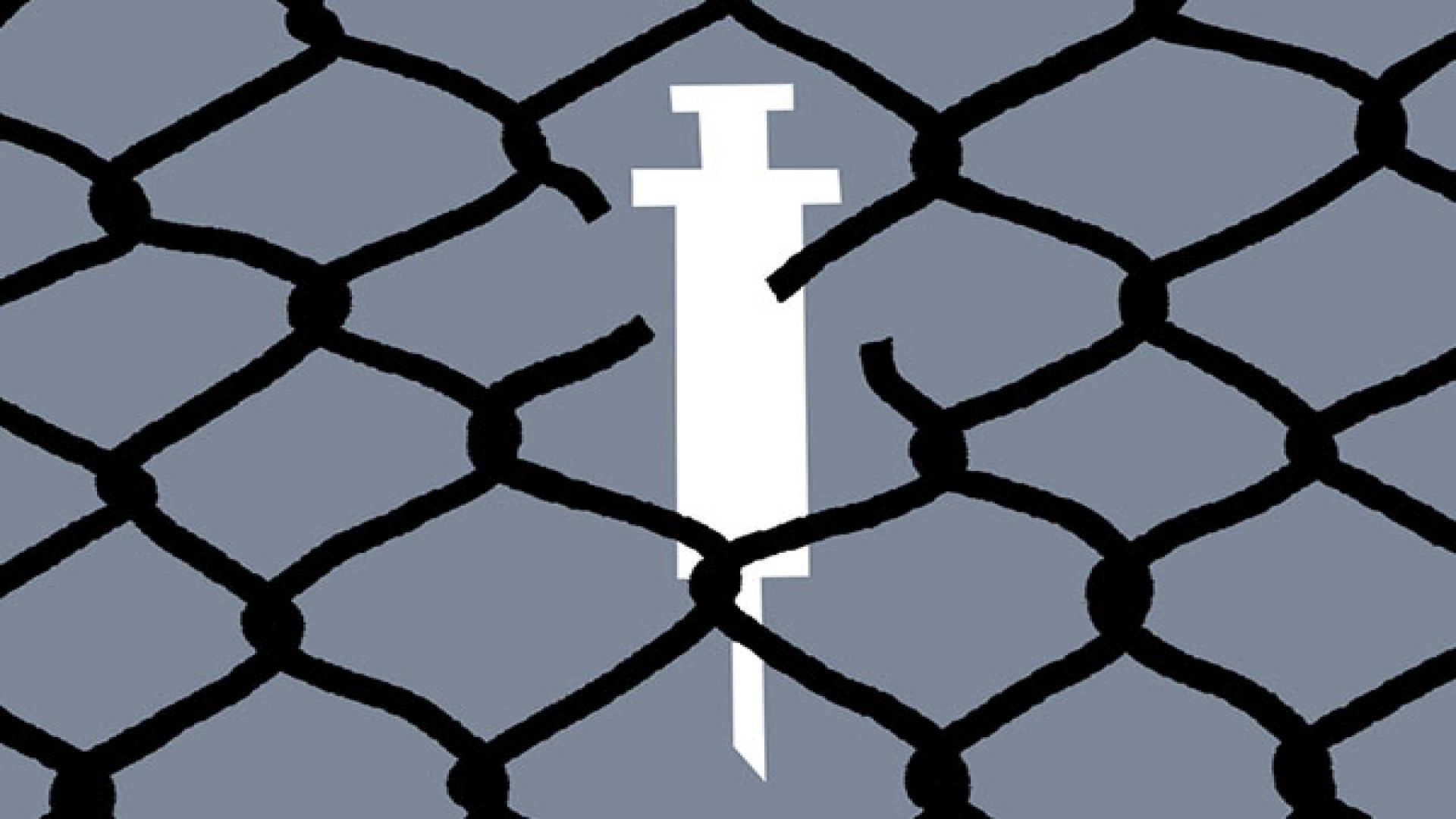As COVID vaccines developed and were administered in the Global North, developing countries in the Global South struggled for access to these Western-developed vaccines. As a solution to this regional inaccessibility, developing countries jointly approached the World Trade Organization (WTO) and petitioned to circumvent patents and create their own COVID vaccines. The primary proposers of this deal, South Africa and India, engaged in negotiations with major global nations, such as the United States, the United Kingdom, and Switzerland only to reach an unsatisfactory conclusion. The proposed patent waivers would only last five years and apply to vaccines, other medical interventions notwithstanding. If anything, the COVID pandemic stands as evidence of the responsibility that every nation has to ensure global health and safety. Today, many nations are still recovering from the economic and sociopolitical damages of COVID-19 (mass death, economic shutdown, positive inflation rates, etc.). These negative ramifications are felt globally. Nevertheless, the WTO and the nations whose interests it defends–namely Western, developed countries–prove that their own private interests supersede their desire to end the pandemic. As Vidya Krishnan writes, “The longer the pandemic persists in poorer countries, the greater the risk of it rebounding on richer ones as variants proliferate.” Not only is it morally reprehensible to force developing countries to rely on foreign vaccine donation and “assistance,” but it is also masochistic!
Krishnan acknowledges her own personal connection to India, her home country, and tracks the global health activity between the U.S. and India. Although first-person narrative is often discouraged in news-based journalistic writing, she effectively integrates this personal connection with hard data and traditional analysis. Notice how as she points out the injustices that India specifically faced due to COVID and vaccine distribution inequality, she also synthesizes these issues within a broader, more global context. Just as lack of access to vaccines resulted in up to 2.7 million (preventable) deaths in India, she points out that past restrictions on HIV/AIDS related medicines caused avoidable mass death in African (as well as other developing) nations. Including a personal narrative as a pathway to larger analysis is reflective of the article’s overall narrative structure as well. Moreover, Krishnan begins with a smaller, more specific and timely example of global healthcare inequality through the case of the COVID vaccine patent negotiation. From there, she forces readers to situate this case within a larger systemic phenomenon. This structure explains to readers how this issue is relevant today but also emphasizes the fact that it has been and always will be relevant and applicable to other scenarios.
Overall, Krishnan’s article highlights how large, Western-aligned institutions such as the WTO and WHO support privatized healthcare, and thus disadvantage the Global South.


